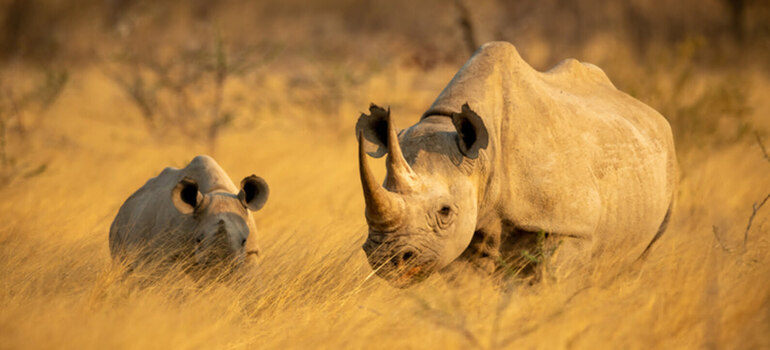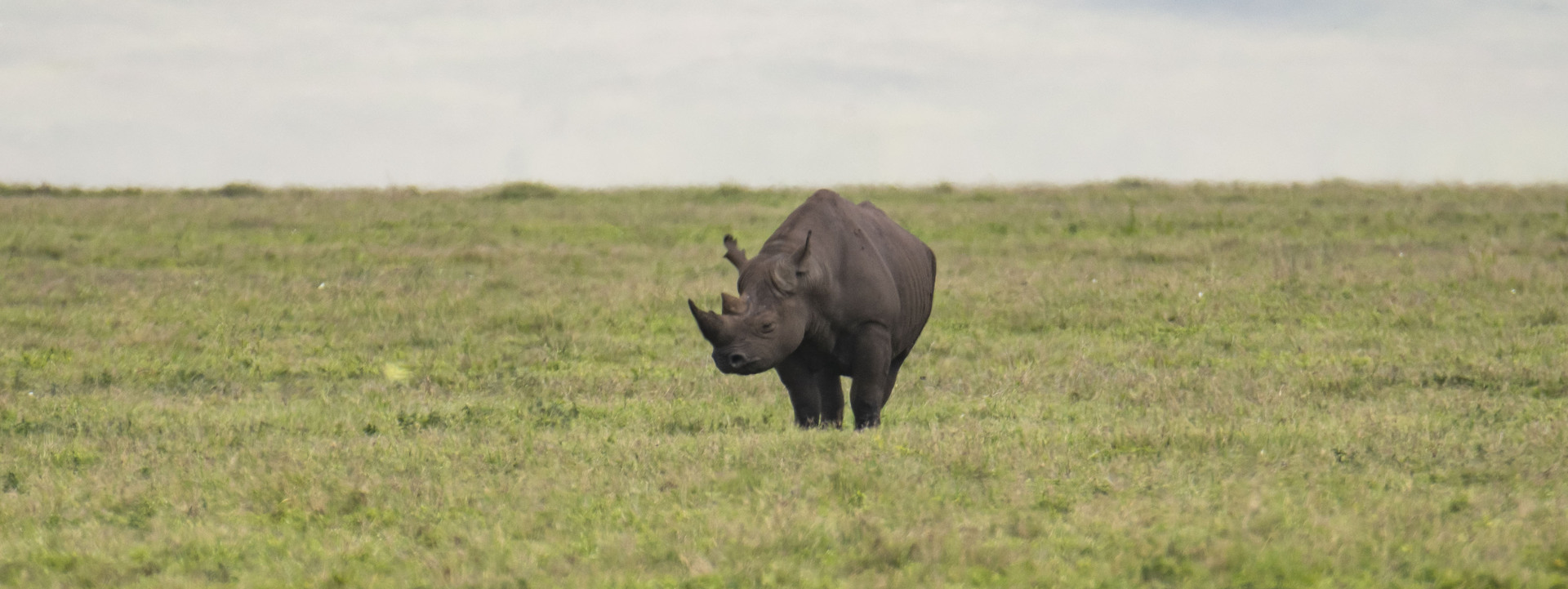The black rhino, a majestic and critically endangered species, has faced numerous threats over the years, pushing it to the brink of extinction. However, in Tanzania, a remarkable conservation effort is underway to protect and revive the population of these magnificent creatures. With its diverse landscapes and commitment to preserving wildlife, Tanzania has become a beacon of hope for black rhino conservation. This article delves into the efforts being made to safeguard the future of the black rhino in Tanzania.
Black rhinos are one of the most endangered species on the planet, with their population dwindling due to rampant poaching and habitat loss. These magnificent creatures once roamed freely across Africa, but their numbers have sharply declined in recent decades. In Tanzania, the black rhino population was particularly hard-hit, facing threats from illegal hunting and habitat fragmentation.
Reviving the Population:
Recognizing the urgent need for action, Tanzania has implemented extensive conservation programs aimed at reviving the black rhino population. The government, in collaboration with local and international organizations, has taken proactive measures to protect the rhinos and their habitat. Strict anti-poaching measures, increased surveillance, and community engagement initiatives have been instrumental in curbing poaching activities and raising awareness about the importance of conservation.
Creating Safe Spaces:
To provide a secure habitat for the black rhinos, Tanzania has established protected areas and conservation reserves. Parks such as Serengeti National Park, Ngorongoro Conservation Area, and Mkomazi National Park serve as sanctuaries for these endangered creatures. These areas offer abundant food sources, appropriate habitats, and rigorous protection against poaching, ensuring a conducive environment for the black rhinos to thrive.

Collaboration and Conservation:
Conservation efforts in Tanzania rely heavily on collaboration between government agencies, local communities, and conservation organizations. Partnerships with organizations like the World Wildlife Fund (WWF), African Wildlife Foundation (AWF), and local community-based organizations have proven vital in implementing effective conservation strategies. These collaborations involve scientific research, community education, and sustainable development initiatives that aim to address the root causes of habitat degradation and human-wildlife conflicts.
Community Involvement:
Engaging local communities in conservation efforts is crucial for the long-term success of black rhino conservation in Tanzania. Efforts are being made to raise awareness about the importance of protecting wildlife and to provide alternative livelihood opportunities that reduce dependency on illegal activities. By involving communities as stakeholders, Tanzania ensures that the local population becomes active participants in safeguarding the black rhino and other endangered species.
While significant progress has been made, the journey to secure the future of the black rhino in Tanzania is an ongoing endeavor. Continued funding, research, and monitoring are essential to sustain and expand the success achieved so far. Collaboration between governments, conservation organizations, and local communities must remain strong, with a focus on adaptive management and innovative conservation techniques.
Tanzania's commitment to black rhino conservation is a testament to its dedication to preserving its rich biodiversity. Through proactive measures, protected areas, and community involvement, Tanzania is playing a vital role in reviving the black rhino population. By raising awareness, enforcing anti-poaching measures, and engaging communities, Tanzania is leading the way in creating a safer future for these magnificent creatures. The journey to save the black rhino is a collective responsibility, and Tanzania's efforts serve as an inspiring example for other nations to follow. Together, we can ensure the survival of this iconic species and protect the biodiversity that makes our planet thrive.








